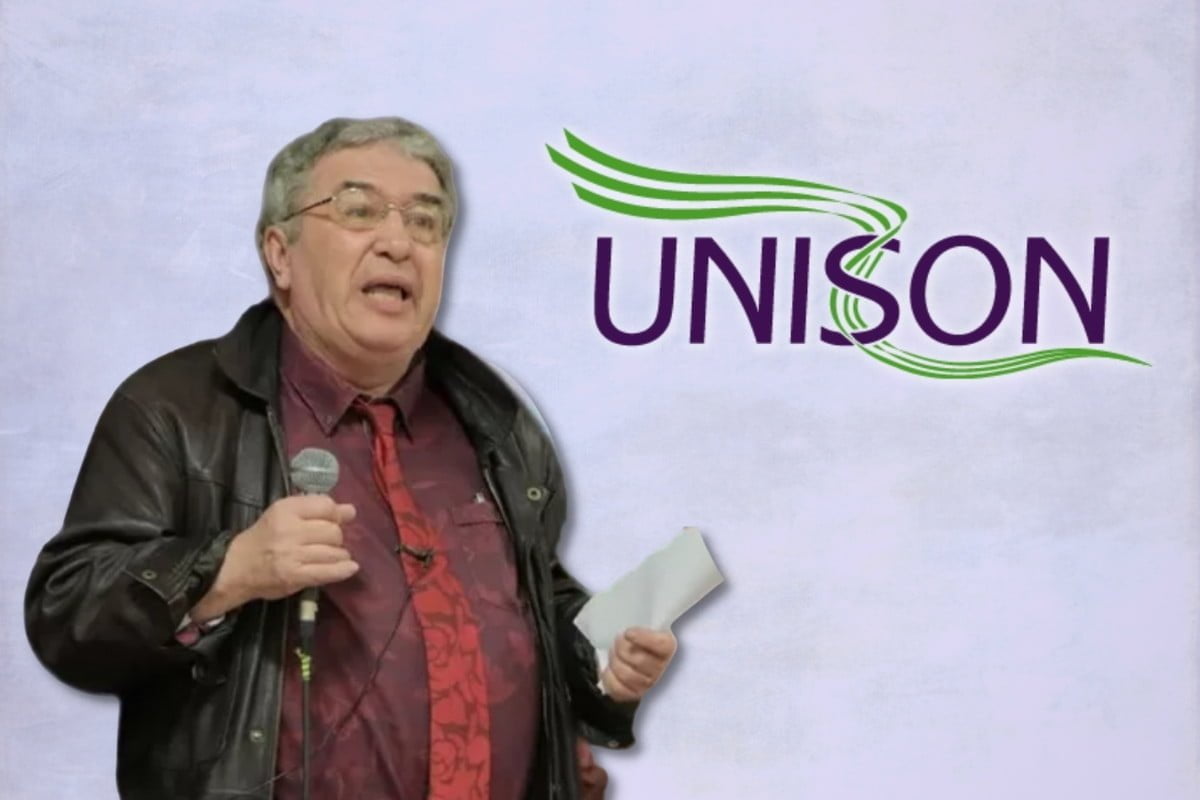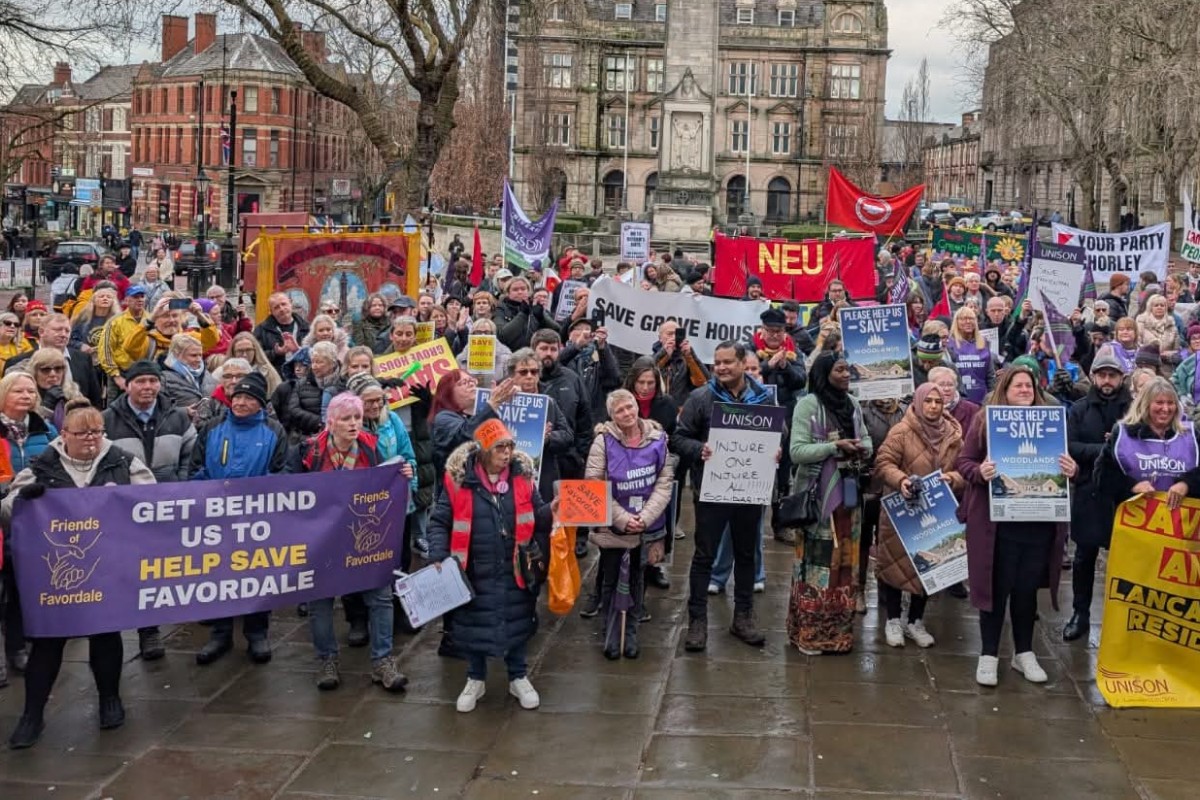As of 6 December, Paul Holmes’ suspension from Unison has been lifted. The left have fought hard to get to this point. Now the battle must be to democratise the union fully.
After 24 months of being left in limbo, Unison’s president-elect Paul Holmes has finally had his suspension from the union lifted. His suspension, for matters of ‘financial misconduct’, was lifted by the union’s Development and Organisational Committee on 6 December.
As we said all along, the bureaucracy have simply used suspension as a political weapon. That it was dragged out this long is a disgrace.
Long-standing union activists will know about Unison’s sordid history of using suspensions as a method of political punishment. Many left-wingers who posed a problem to the leadership have faced similar treatment over the years.
Victimisation

At the same time as this, Paul has been facing down Kirklees Council’s attempts to victimise him for his trade union activities. That the two suspensions ran so closely to one another is unlikely to be viewed as sheer coincidence by many activists.
The left within Unison have fought a principled battle against both suspensions, pointing to the real reasons behind them.
They have drawn attention to the vicious regime of bullying that the council have allegedly dealt out to low-paid workers there – and how Paul’s organising with them made him a thorn in the council’s side.
Similarly, Paul has been a stalwart of the left within Unison itself. He is seen as one of the leading figures of the #TimeForRealChange group, which earlier this year managed to win a majority on the NEC. The bureaucracy clearly resents the way in which this grouping has managed to upset the usual cozy way of running things within the union, as well as its accommodating relationship with the employers.
It is these two reasons that explain his suspension by both his employer and the Unison bureaucracy. Similar to the practice of blacklisting in construction, which has seen union officials working hand-in-glove with the bosses in order to victimise reps, Paul has no doubt been targeted in tandem by both his boss and his union.
Down not out
That Paul’s suspension is finally over is very good news indeed. However, the left must not rest on their laurels.
A message from the President of #UNISON Paul Holmes: ???
‘a leader should be a dealer in hope’ #TimeForRealChange pic.twitter.com/TaDAb7lFTv
— #TimeForRealChange (@tfrc_unison) December 13, 2021
The right are still highly organised within Unison. They are entrenched in the bureaucracy, and hold the general secretary position. After this defeat they will be more determined to hamper the new NEC than ever. They will stop at nothing, and will stoop to ever lower depths in defence of their privileges and power.
If that means preventing it from passing the policies necessary to defend Unison members from the onslaught of the government, then the right’s response will be ‘so be it!’ Already, we have seen how they have blocked members from fighting back with their conduct during the health pay campaign ballot.
The bureaucracy have historically been able to get away with such spurious disciplinary cases because they have been – and largely remain – a law unto themselves. What little democratic procedure there is in Unison does not touch the officialdom, who are used to giving the orders rather than taking them. That must now change.
Fight for democracy

One of the main lessons of the Corbyn years is that the right wing of the labour movement are relentless in the pursuit of their aims. The left must be just as relentless in the pursuit of their aims.
Corbyn missed the opportunity to introduce mandatory reselection in the hope that the Labour right would accept this as an olive branch. It was this policy of compromise with his enemies that ultimately sealed his fate. #TimeForRealChange can not afford to repeat the same mistake.
The priority now must be to introduce the election of all officials, as well as the right of recall, so that Unison members can firmly reclaim control over their own union.
The right-wing bureaucracy within the union could then be cleared out and replaced with genuine class fighters.
In the coming period of cuts, austerity, and intense class struggle, Unison has the potential to be at the forefront of the resistance. This potential can only be realised if the left now act decisively to democratise the union.






